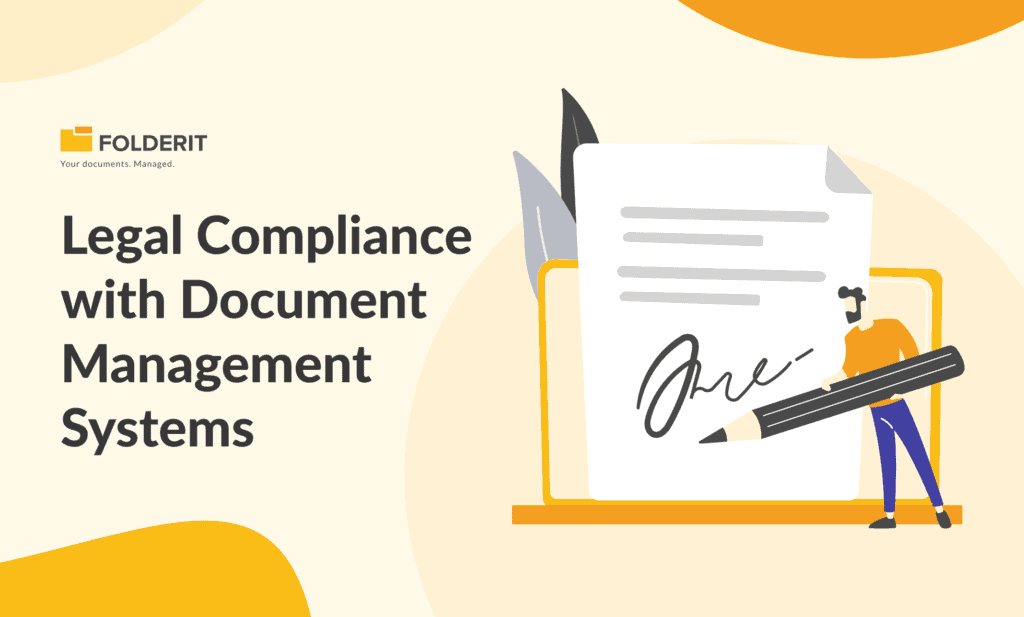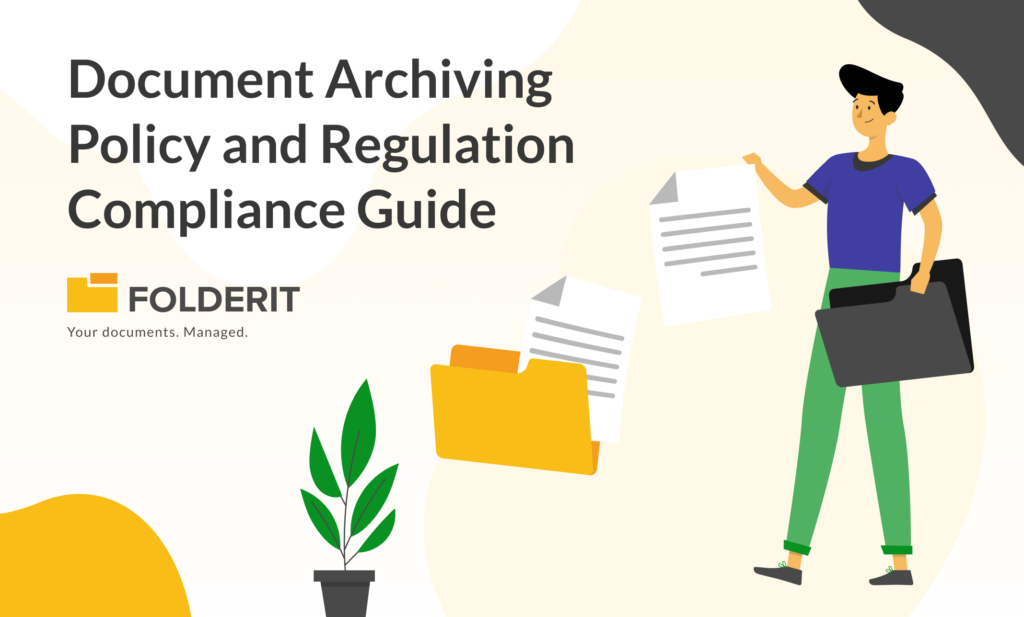Adhering to legal compliance is as crucial as it is complex. With varying regulations across different regions such as the United States, European Union, Australia, and other parts of the world, organizations face the colossal task of staying compliant while maintaining operational efficiency.
This comprehensive exploration underscores how Document Management Systems (DMS) are pivotal in navigating the intricate labyrinth of legal compliance across these diverse jurisdictions.
Legal Compliance in Different Regions
United States:
The U.S. presents a landscape rich in sector-specific legal mandates. Laws such as the Health Insurance Portability and Accountability Act (HIPAA) for healthcare and the Sarbanes-Oxley Act (SOX) for financial reporting demand strict adherence. These regulations are not just legal formalities; they represent a commitment to transparency, data privacy, and consumer protection.
European Union:
The EU sets a global benchmark in data protection with the General Data Protection Regulation (GDPR). This regulation impacts not just EU-based businesses but also those dealing with EU citizens' data. GDPR emphasizes consent, data rights, and stringent processing standards, setting a high bar for compliance.
Australia:
Australia’s approach, encapsulating the Privacy Act 1988 and the Corporations Act 2001, focuses on personal information protection and corporate governance. Australian laws resonate with global compliance themes, such as privacy and transparency, yet have unique stipulations that businesses must heed.
Other Regions:
Beyond these areas, regions like Asia, Canada, and Latin America also have distinct legal frameworks. For instance, Canada’s PIPEDA (Personal Information Protection and Electronic Documents Act) and Asia’s varying data protection laws, from Singapore’s PDPA to Japan’s APPI, add layers to the global compliance challenge. Each region requires a tailored approach to compliance, underscoring the need for adaptable and robust compliance mechanisms.
The Role of Document Management Systems in Legal Compliance
- Centralized Document Control: A core strength of DMS is centralizing document storage. This unification is crucial for ensuring that all documents are consistently managed and updated in line with the latest legal requirements, be it for GDPR in Europe or sector-specific laws in the U.S.
- Automated Compliance Processes: The ability of DMS to automate compliance-related tasks is a game-changer. Features such as automatic document updates, compliance deadline reminders, and report generation minimize human error and boost compliance efficiency.
- Robust Security and Privacy: Given the central role of data protection in legal compliance, DMS offer advanced security features. These include stringent access controls, encryption, and detailed audit trails, aligning with laws like the Australian Privacy Act and GDPR.
- Document Retention and Disposal: DMS facilitate compliance with document retention laws. Automated retention schedules ensure documents are kept as long as legally required and then securely disposed of, adhering to regulations like HIPAA in the U.S.
- Audit Trail Facilitation: Compliance often necessitates demonstrable proof of actions. DMS create comprehensive audit trails, documenting access and edits to sensitive documents. This is vital for compliance with financial regulations like SOX.
- Cross-Border Data Transfer Management: In regions like the EU, where cross-border data transfer is heavily regulated, DMS ensure compliance by controlling where data is stored and transferred, adhering to GDPR’s strict data transfer rules.
Extending Compliance Capabilities Beyond Borders
Implementing DMS extends an organization's ability to comply with legal requirements not just in primary regions like the USA, EU, and Australia but also in other parts of the world. Whether it's adapting to Canada's privacy laws, navigating Asia's diverse data protection landscape, or keeping up with Latin America's evolving legal framework, DMS provide a scalable and flexible solution. They offer a universal platform that can be tailored to meet region-specific legal requirements, ensuring global compliance harmony.
Conclusion
By centralizing document control, automating compliance processes, ensuring robust data security, and facilitating cross-border data management, DMS not only help businesses stay legally compliant in regions like the USA, EU, and Australia but also adapt to the legal frameworks of other global regions.
In essence, DMS are strategic assets that empower organizations to operate confidently and efficiently while catering to the complexities of global legal compliance.



